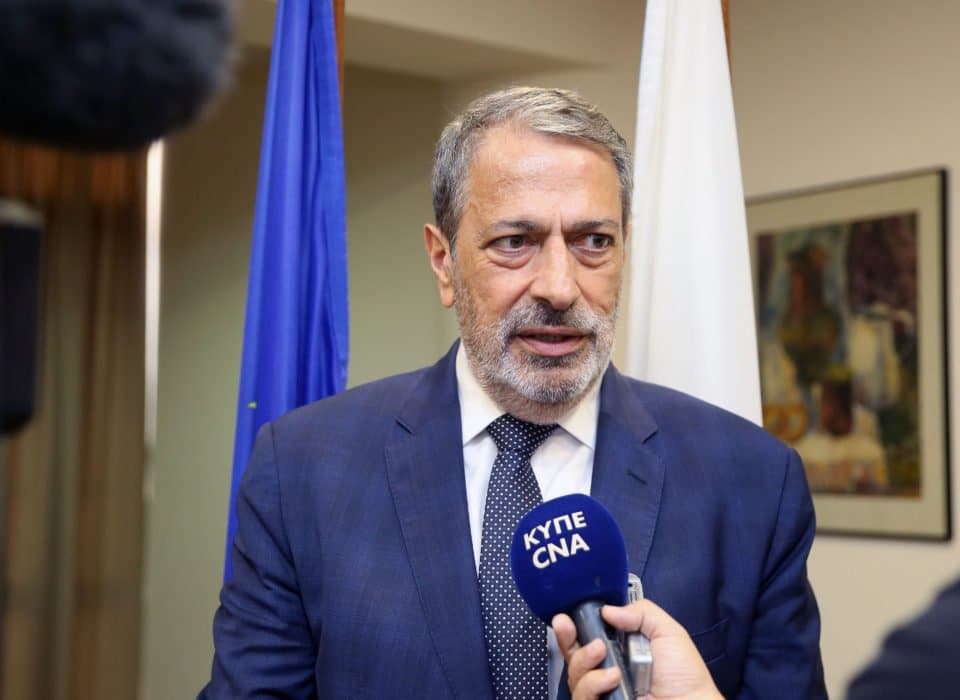House legal affairs committee on Wednesday began discussions on a major reform of the law office. The debate focuses on separating the dual role of the attorney general, with the creation of a general public prosecutor.
The reform is part of a broader package of 38 bills approved by the cabinet on July 2. These bills aim to modernise the law office and make the roles of the country’s top legal officers clearer.
Justice Minister Marios Hartsiotis opened the session, explaining the reasoning behind the proposals. He said the reform responds to recommendations from international and European organisations. The ministry carried out a detailed study of legal systems in the United Kingdom, Ireland, Malta, Australia and Canada. Meetings were also held with independent officials, relevant stakeholders and all parliamentary parties and independent MPs.
Hartsiotis also attended the first session of the expert committee established by the attorney-general. He highlighted that three legal academics on the committee – Evangelos Venizelos, Polys Polyviou, and Achilleas Emilianides – concluded that the proposals do not conflict with the constitution. However, former Supreme Court judges expressed concerns about whether the reforms could be justified under the principle of necessity.
The minister acknowledged that the attorney-general, both in writing and verbally, has serious reservations about the constitutionality of the reforms. He emphasised that disagreements between the government and the state’s legal adviser are not unusual and that the government intends to move forward with modernising the law office.
The core of the reform is the separation of the attorney-general’s prosecutorial role, which would be transferred to a newly created general public prosecutor. Other key points include fixed eight-year terms for independent officials, strengthening the independence of both the law office and the new office, and establishing clear rules for appointments, dismissals, and salaries. Three bills in the package are considered central, with the remaining 35 providing additional measures.
The bills also propose the creation of a prosecutorial council to oversee appointments, promotions, transfers, secondments, dismissals and disciplinary measures. A transitional committee will manage staffing of the general public prosecutor’s office, bringing in current public prosecutors and officials from the financial and economic crime unit.
Attorney-general George Savvides expressed reservations about the bills. He said the government prepared the initial drafts without in-depth consultation with the law office. He suggested that internal adjustments, such as designating a head of criminal matters, could achieve the goals without major constitutional changes. He warned that if the laws are challenged in court, they could be declared unconstitutional, creating practical problems for the new offices.
Members of parliament offered different perspectives. Disy MP Nikos Tornaritis said the party supports the separation but wants a complementary bill to oversee prosecutorial decisions. Akel MP Aristos Damianou described the session as unprecedented, noting the attorney-general’s strong objections. Diko MP Christiana Erotokritou stressed the need for effective mechanisms to monitor prosecutorial actions, while independent MP Alexandra Attalides highlighted the importance of transparency, accountability and public trust in the rule of law.
The committee plans further sessions to consider additional proposals on oversight before finalising the bills. The aim is to pass the legislation before the end of the current parliamentary term.






Click here to change your cookie preferences